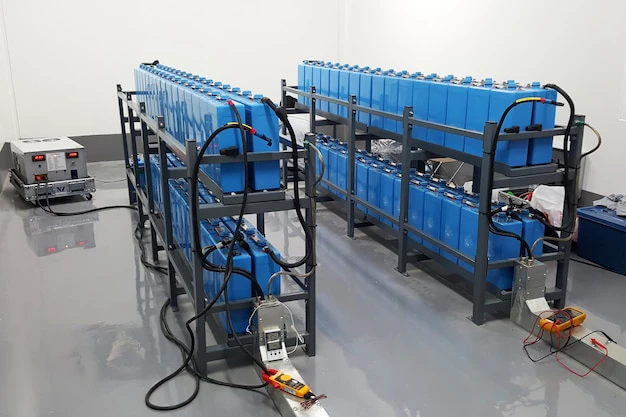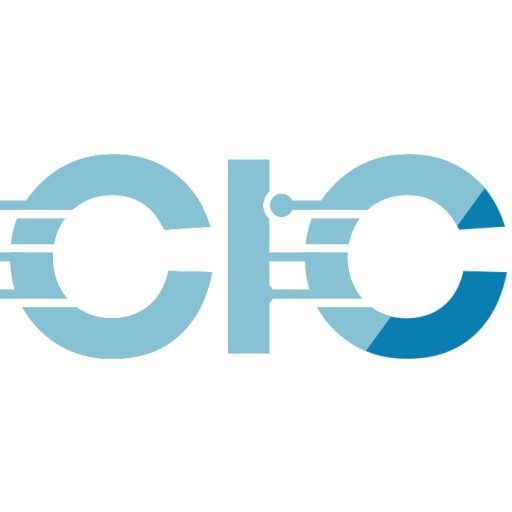ithium batteries have become the core power source for modern electronic products, permeating many aspects of our daily lives. From smartphones, laptops, and wearable devices to electric vehicles and drones, lithium batteries make our lives more convenient. This article provides a comprehensive overview of lithium batteries, covering their types, technical parameters, applications, and future trends, helping you better understand this essential technology.

Types of Lithium Batteries
-
Lithium-ion (Li-ion) Battery
lithium-ion batteries are the most common type of lithium battery and are widely used in devices like smartphones, laptops, and power tools. Their main advantages are high energy density, lightweight, and long cycle life. -
Lithium Polymer (Li-Po) Battery
Lithium polymer batteries use a polymer electrolyte, offering more flexibility in shape and being lighter compared to traditional lithium-ion batteries. They are primarily used in portable electronics and drones. -
Lithium Iron Phosphate (LiFePO4) Battery
Lithium iron phosphate batteries are widely used in electric vehicles and energy storage systems due to their superior safety, thermal stability, and long cycle life. -
Nickel-Metal Hydride (NiMH) Battery
Nickel-metal hydride batteries are a traditional rechargeable battery type, typically used in power tools, wireless radios, and other devices. They are more environmentally friendly but have lower energy density compared to lithium batteries. -
Alkaline Battery
Alkaline batteries are non-rechargeable primary batteries commonly used in devices like remote controls and flashlights. While they are cost-effective, they cannot be recharged. -
Coin Cell/Button Cell
Coin cells, such as the CR2032 and CR2025 models, are small batteries used in devices like watches, calculators, and hearing aids. They are compact and provide moderate energy density, but their capacity is limited. -
Lead-Acid Battery
Lead-acid batteries are an older type commonly used in automotive starting batteries and uninterruptible power supplies (UPS). While they are bulky, they are inexpensive and capable of delivering strong power.
Technical Parameters of Lithium Batteries
-
Voltage and Capacity: Lithium batteries typically have a nominal voltage of 3.7V (such as lithium-ion batteries), while some high-voltage models can reach up to 12V. Capacity is measured in milliampere-hours (mAh) or ampere-hours (Ah), ranging from hundreds to thousands of mAh.
-
Energy Density and Discharge Rate: The higher the energy density of a lithium battery, the more energy it can store per unit of volume or weight. The discharge rate (C-Rate) indicates the rate at which a battery discharges; for example, 1C means the battery discharges fully in one hour.
-
Cycle Life and Operating Temperature: Lithium batteries typically have a cycle life of over 500 cycles, with some high-end models lasting up to 1000 cycles. Their operating temperature range is generally between -20°C and 60°C, though certain special batteries can function in even wider temperature ranges.
Applications of Lithium Batteries
-
Consumer Electronics
Lithium batteries power many consumer electronics, including smartphones, laptops, and wireless earbuds. Their high energy density and long cycle life make these devices more portable with extended battery life. -
Industrial and Medical
Lithium batteries are essential in industries such as the Internet of Things (IoT), medical devices, and drones. Especially in drones, lithium batteries are favored for their lightweight and high energy output. -
Electric Vehicles and Renewable Energy
Lithium batteries are used in electric vehicles (EVs) and their battery management systems (BMS) to provide efficient, eco-friendly power. They are also widely employed in solar energy storage systems for sustainable energy storage.
Cutting-edge Technologies and Trends in Lithium Batteries
-
Solid-State Battery
Solid-state batteries use a solid electrolyte instead of a liquid one, offering higher energy density and better safety. As research advances, solid-state batteries are expected to become the mainstream technology in the future. -
Thin-Film Battery
Thin-film batteries are lightweight and flexible, making them ideal for wearable devices and the next generation of flexible electronics. -
Supercapacitor
Supercapacitors, a special type of energy storage device, offer extremely fast charging and discharging capabilities. They are commonly used in applications that require high power output, such as power tools and devices with momentary energy needs. -
Fast Charging and Low Self-Discharge
Fast charging technology is becoming an essential trend in lithium battery development. With technological advancements, more batteries can now be charged in a short amount of time, while low self-discharge characteristics ensure batteries retain their charge over extended periods of inactivity.
Why Choose CIC Electronics for Your Battery Needs?
CIC Electronics is a trusted distributor of electronic components, offering:
- Wide Selection: From alkaline to solid-state batteries, CIC has it all.
- Top Brands: Shop products from leading manufacturers like Panasonic, VARTA, and Tadiran.
- Technical Support: Access detailed datasheets, application notes, and expert advice to make the right choice.
- Global Shipping: Get your batteries delivered quickly, no matter where you are.
5. Explore Battery Accessories and Management Solutions
In addition to batteries, CIC offers essential accessories to enhance your project:
- Battery Holders and Connectors: Secure your batteries with high-quality holders and connectors.
- Battery Management Systems (BMS): Protect your batteries with advanced BMS solutions from Texas Instruments and other top brands.
- Chargers and Testers: Ensure optimal performance with reliable chargers and testing equipment.
Conclusion
Whether you’re designing a cutting-edge IoT device or a high-performance EV, CIC Electronics has the battery solutions you need. With a vast selection of chemistries, capacities, and brands, CIC makes it easy to find the perfect power source for your project. Visit CIC’s battery category today to explore their offerings and take your project to the next level!


